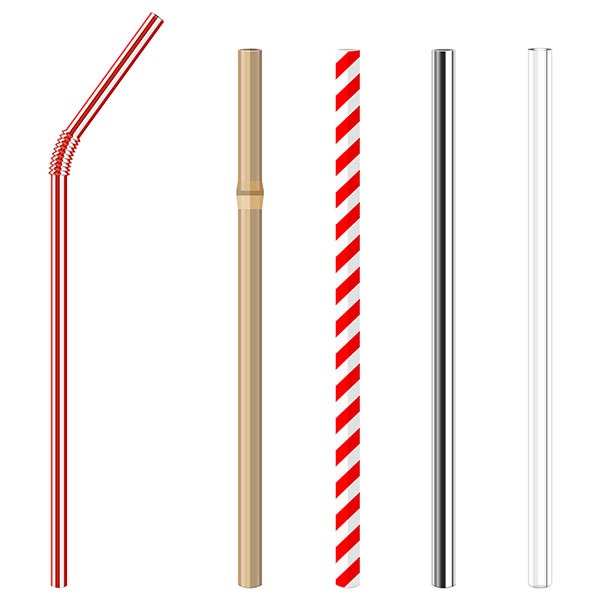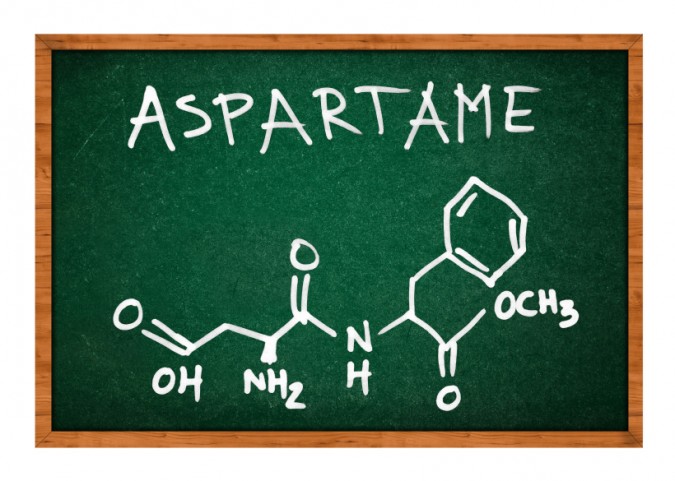Paper straws and other “green” solutions are MORE TOXIC than plastic, study finds
08/27/2023 / By Ethan Huff

New research published in the journal Food Additives & Contaminants reveals that paper straws and other “environmentally friendly” alternatives to plastic are not nearly as good for the environment as the government claims they are.
In fact, Belgian researchers found that many so-called “green” utensils are actually worse for the health of both humans and planet than are their plastic counterparts.
“Straws made from plant-based materials such as paper and bamboo are often advertised as being more sustainable and eco-friendly than those made from plastic,” commented Thimo Groffen, PhD, one of the study’s authors and an environmental scientist at the University of Antwerp.
“However, the presence of PFAS [poly- and perfluoroalkyl-based substances also referred to as ‘forever chemicals’ because they last for a long time before breaking down and decomposing] in these straws means that’s not necessarily true.”
(Related: In 2019, NASA found that discarded trash in California, a state where plastic straws are banned, produces more atmospheric pollution than cattle ranches or any of the other things the “greenies” say are causing global warming.)
Most paper, bamboo, and plastic straws contain perfluorooctanoic acid, which was banned globally in 2020
The study is a product of numerous state-level mandates in places like New York and California that prohibit food establishments from using disposable plastic straws made from polypropylene and polystyrene because these items take upwards of 100 years to decompose.

“Their time has come and gone,” infamously declared former New York City Mayor Bill de Blasio about eco-unfriendly plastic straws. “I believe we should get rid of plastic straws.”
Belgium and the United Kingdom are two other places where plastics have been replaced with “plant-based” alternatives that the globalists say are friendlier for the environment.
Amazingly, the new research shows that plant-based alternatives actually contain more PFAS than plastics, rendering them worse for the environment and for humans.
To come to this conclusion, scientists analyzed the perfluorooctanoic acid (PFA) concentrations of 39 drinking straw brands made from five different materials: paper, bamboo, glass, stainless steel, and plastic.
The worst offenders, believe it or not, are paper straws, 90 percent of which were found to contain the deadly chemicals. Second in line was bamboo straws, 80 percent of which are loaded with PFA.
Just 75 percent of plastic straws contain PFA, according to the study, followed by 40 percent of glass straws. None of the stainless steel straws were found to contain any PFAS.
Amazingly, PFA was the most prominent chemical found in the paper, bamboo, and plastic straws, despite the fact that this noxious chemical has been banned globally since 2020.
“Also present were trifluoroacetic acid and trifluoromethanesulfonic acid, PFAS which easily dissolve in water, meaning they could potentially leach out of straws into beverages,” reports warn.
“The presence of PFAS in paper and bamboo straws shows they are not necessarily biodegradable,” Groffen further added about the “green” deception behind these items, which are often labeled erroneously as being “100 percent recyclable.”
It remains unknown precisely how or why these deadly substances are ending up in drinking ware. They have been used since the 1940s to repel water and grease in cookware, carpeting, and furniture, but they were never intended to be used in drinking straws, lids, bowls, or containers that hold food.
According to Phys.org, one possible explanation for the bamboo and paper straws, anyway, is that the soil their parent plants were grown in may have been contaminated with PFAS that indiscriminately escaped into the environment from major industry.
“We did not detect any PFAS in stainless-steel straws, so I would advise consumers to use this type of straw – or just avoid using straws at all,” the researchers concluded.
The latest news about environmental toxins can be found at Pollution.news.
Sources for this article include:
Submit a correction >>
Tagged Under:
chemicals, climate, deception, eviron, food science, forever chemicals, green, green tyranny, paper, research, straws, Study, Toxic, toxic chemicals, toxins, waste
This article may contain statements that reflect the opinion of the author




















